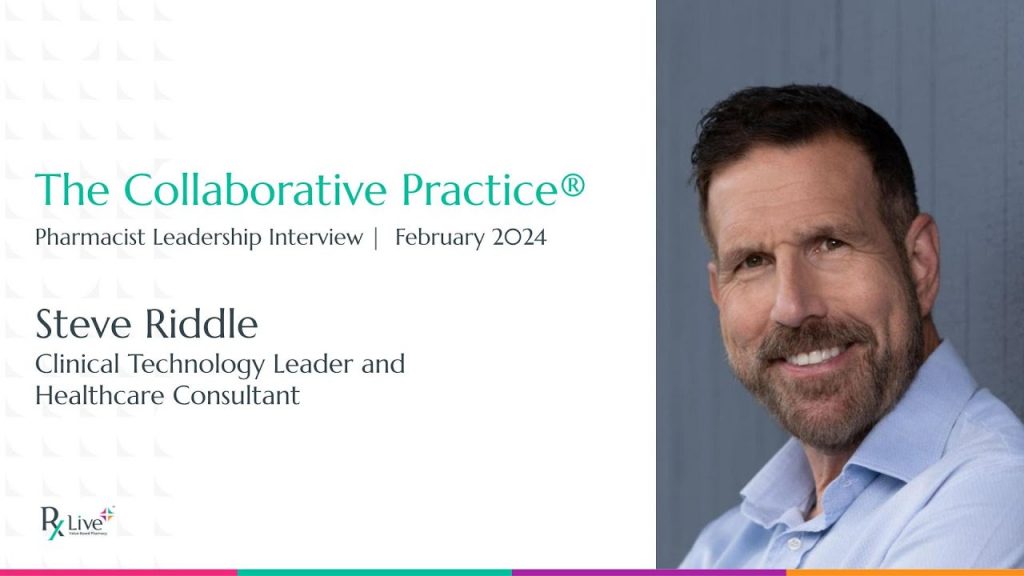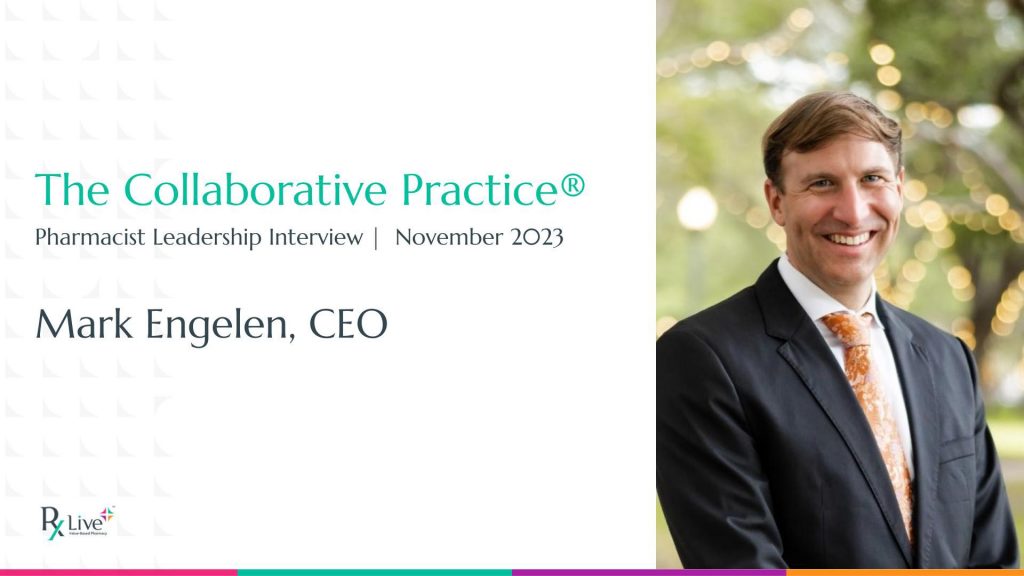https://www.youtube.com/watch?v=xj9rkZj_v24
Better health equity through data and telehealth
This month, RxLive’s co-founder and CPO, Kristen Engelen, spoke with population-level health management expert Karen Handmaker about how physician-led teams can use value-based care strategies to promote population-level health equity.
The conversation dives deep into Karen’s commitment to ensure pharmacies, pharmacists, and medications are easily accessible to the people who need them, regardless of where they live or their access to transportation.
“The Pharmacy Access Initiative,” Karen says, “is a relatively new interactive mapping tool that found that approximately 25 percent of neighborhoods in the United States are pharmacy deserts. The Initiative’s research into pharmacy related health inequity in underserved Chicago and L.A. neighborhoods found that people are much more likely to stop taking critical prescription medications” without access to a local pharmacy.
Luckily, there is a way to bridge the gap between patients and the medication-based treatments that help them: data-informed, value-based telepharmacy.
According to Karen, “the pharmacist’s telehealth model…could actually be more valuable for vulnerable patients than the neighborhood pharmacist who is just not set up to connect with the patient’s care team.
“RxLive,” for example, “can leverage its analytics platform to anticipate which patients are more likely to need housing, food, or transportation” and then pass this information back to health systems. “The more hands on deck,” Karen reminds us, “the more actionable information we get to support individuals and populations.”
For the full conversation, and a broader window into Karen’s thoughts on population-level strategies to improve health equity, watch the full interview above.




